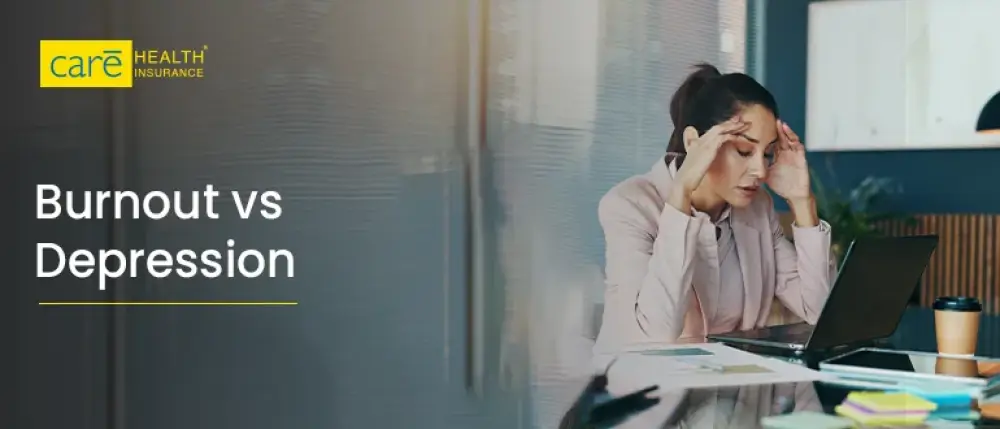Subscribe to get weekly insights
Always stay up to date with our newest articles sent direct to your inbox
We strive to deliver not only comprehensive health insurance plans but also well-researched insights on health. This article section has been brainstormed to help you understand how important it is to have health insurance to lead a life unconstrained.












Page 1 of 170
Explore the articles through the categories.
Always stay up to date with our newest articles sent direct to your inbox
Loading...